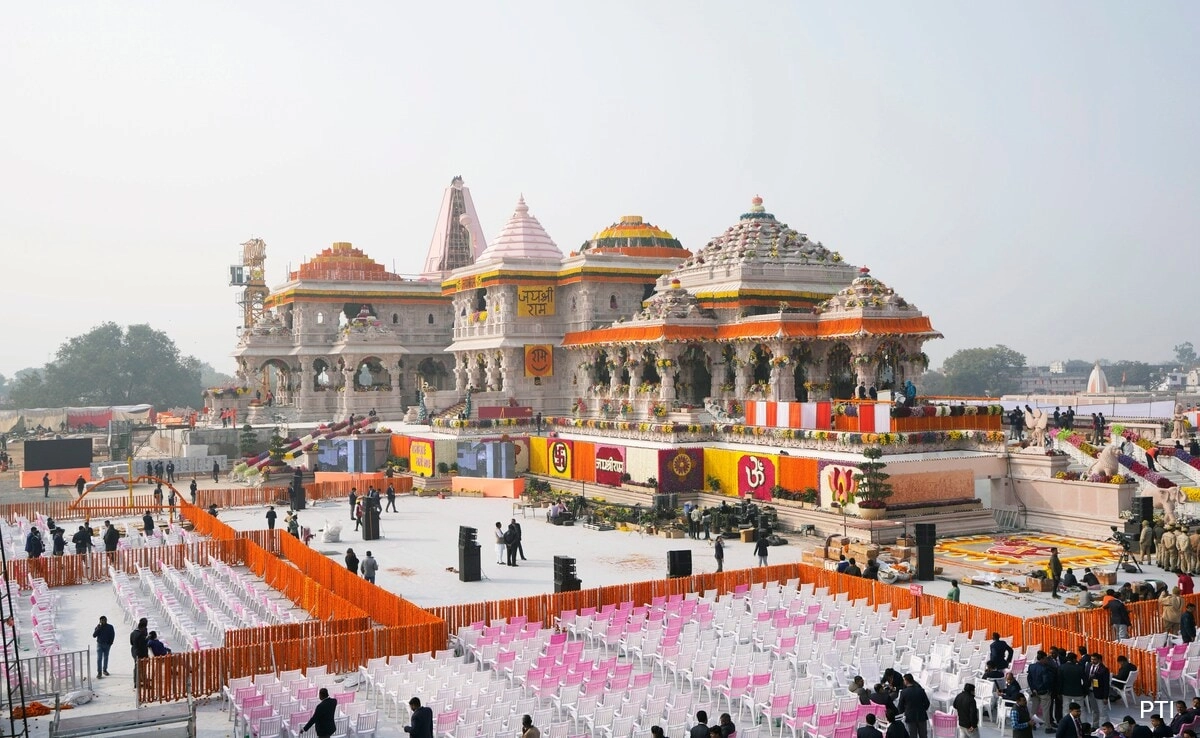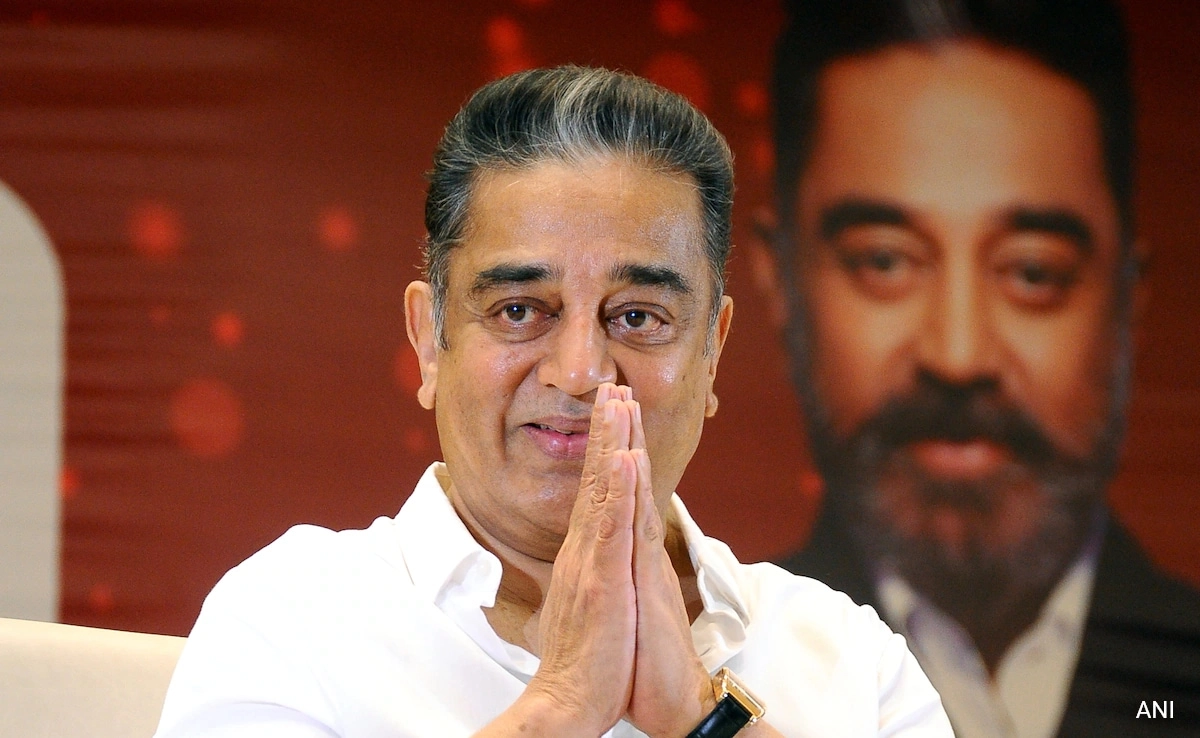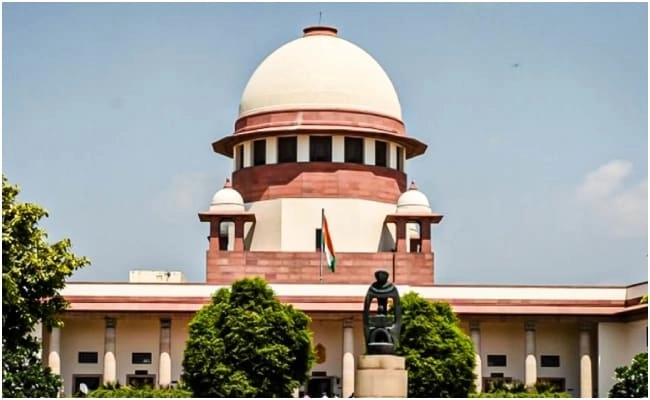In a recent political rally, Prime Minister Narendra Modi launched a scathing critique of the Trinamool Congress (TMC) party, led by West Bengal Chief Minister Mamata Banerjee. His remarks centered around the party’s slogan, “Maa, Mati, Manush,” which translates to “Mother, Soil, People.” Modi suggested that the essence of this slogan, which is meant to resonate with the grassroots and evoke a sense of local pride and identity, has been betrayed by the party’s actions and governance. He argued that the TMC has failed to deliver on its promises to the people of West Bengal, leading to disillusionment among the very constituents it claims to represent.
The Prime Minister highlighted various issues plaguing the state, including corruption, lack of development, and inadequate public services. He pointed out that while the TMC preaches about caring for the people and the land, the reality on the ground tells a different story. In his address, Modi emphasized the need for transparency and accountability in governance, urging voters to consider the track record of the TMC before heading to the polls. He positioned the Bharatiya Janata Party (BJP) as a viable alternative, promising to bring about meaningful change and development if given the opportunity to lead the state.
Modi’s comments reflect a broader strategy by the BJP to capitalize on the perceived shortcomings of the TMC government, especially as political tensions rise leading up to elections. The Prime Minister’s rhetoric aims to galvanize support among voters who may feel neglected or frustrated with the current administration. By framing the election as a choice between the BJP’s vision for development and the TMC’s alleged failures, Modi hopes to shift the political landscape in West Bengal, a state that has traditionally been a bastion for the opposition.
As the campaign heats up, the clash between the BJP and TMC is likely to intensify. Modi’s remarks serve not only as a critique of the ruling party but also as a rallying cry for his own supporters, urging them to engage actively in the electoral process. The outcome of this political showdown could have significant implications for West Bengal’s future, shaping the state’s governance and development trajectory for years to come. With both parties vying for the hearts and minds of the electorate, the upcoming elections are poised to be a pivotal moment in West Bengal’s political history.




